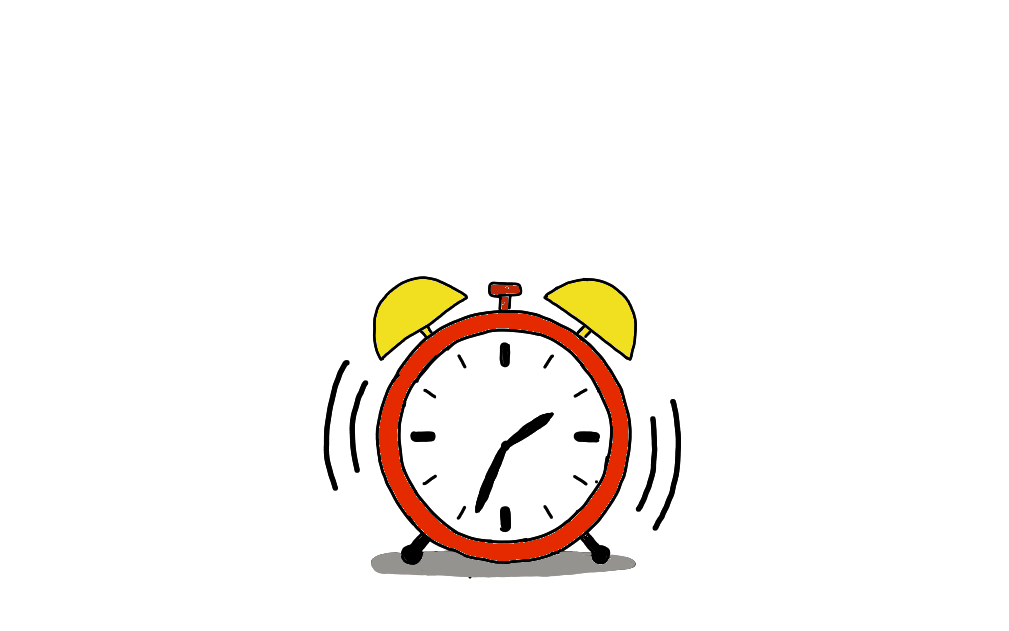How many times a week does your alarm go off and you immediately hit snooze for 5 more minutes? If your answer is often, you’re not alone. The Journal of Sleep found in a study of 1,732 people that 70 percent of them either set multiple alarms or sometimes snooze their alarm.
It has been commonly thought that snoozing your alarm has negative effects on your rapid eye movement (REM) sleep and that you will be more drowsy when you get up. However, the study by Sleep Journal disproves this common misconception.
One reason snoozing was thought to be so bad is because it was said to increase sleep inertia. Sleep inertia is the time when someone goes from sleeping to fully awake, which can take up to two hours after they get up. Their body is disoriented, fatigued, and slow. When a deep state of sleep is interrupted by an alarm, the person has more sleep inertia, but when they snooze their alarm, they fall back into a lighter state of sleep before their alarm wakes them up again. When they finally wake up, they will have less sleep inertia due to the lighter state they’re waking up from.
Sophomore Stella Newhouse said, “I don’t snooze my alarm but set multiple of them. For example, at 6:30 am, 6:35, 6:40 and more for each morning.” When asked if she feels more awake getting up after snoozing her alarm or immediately getting up Alex Singer, a 9th grader, said “I feel better after waking up immediately. Giving myself more time in the morning is really helpful and it gives my brain time to get running before school.”
Snoozing was also studied by comparing the heart rate of people who do snooze compared to people who don’t. When people wake up, they have stress responses which cause a higher heart rate and increase the stress hormone, cortisol. It has been studied how using an alarm to wake up creates a bigger stress response than naturally waking up. This means that people who use alarms to wake up will have a higher heartbeat in the morning.
Ultimately, sleep plays a major role in our mental and physical health, development, immunity and more. While The Journal of Sleep found that snoozing has benefits for our health, there have been other past studies supporting opposing views. To fully understand how snoozing an alarm can affect our brain and bodies both long-term and short-term more studies and research need to go into sleep and how alarms affect it.
If you would like to voice your opinion on an issue you feel is relevant to our community, please do so here. Anyone is able and welcome to submit a Letter to the Editor, regardless of journalistic experience or writing skills. Submissions may be published either online or in a print issue.










